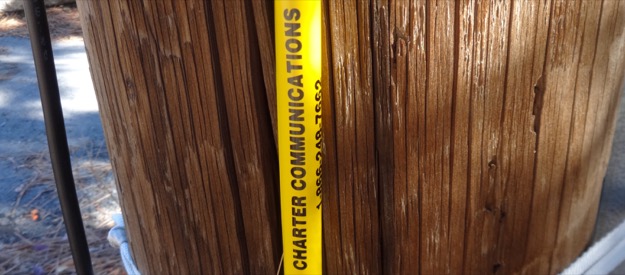
Verizon needs to build more than 100,000 new cell sites and add more fiber connectivity to close a capacity gap with its U.S. competitors, according to a report from New Street Research. And, the report concludes, buying Charter Communications – as rumors say it might – could help solve some of Verizon’s problems. It wouldn’t be much benefit to Charter, though.
The report estimates that when the number of cell sites and the amount of spectrum used is taken into consideration, Verizon has a bit more than half of the capacity per subscriber that AT&T and T-Mobile have. In order to catch up, Verizon would have to build 69,000 new macro – traditional, big – cell sites, or 138,000 or more small cell sites. New Street estimates that if small cells are properly located to reach high concentrations of subscribers, it would only take two to replace a big cell site. To fully cover the same geographic area, though, the ratio is more like ten to one.
Those sites would all need back haul, of course, which is where Charter comes in. Verizon still has some wireline assets of its own, but Charter’s footprint is much bigger and U.S. cable companies have more fiber – and more easily accessed fiber – than telcos. “Cable has much greater fiber density than their wireline competitors”, the report says. “To put this in perspective, the Cable industry has 320,000 nodes today, the vast majority of which are fed with fiber. By contrast, telecom carriers have 23,000 fiber fed central offices”.
So a cable acquisition would be an advantage for Verizon. From Charter’s perspective, the benefits aren’t clear. New Street discounts speculation that a cable-mobile merger would reduce churn, concluding that Verizon’s is a low as it can go and there’s no hard evidence that it would have much more than a marginal impact on Charter’s.
The report makes several other good points about the cable and mobile sectors, and telecoms in general, and is worth reading. New Street’s top line conclusion is that an acquisition is less likely than originally thought, and “our working hypothesis is that it will be very tough for Verizon to structure a deal that Charter will find compelling”.
